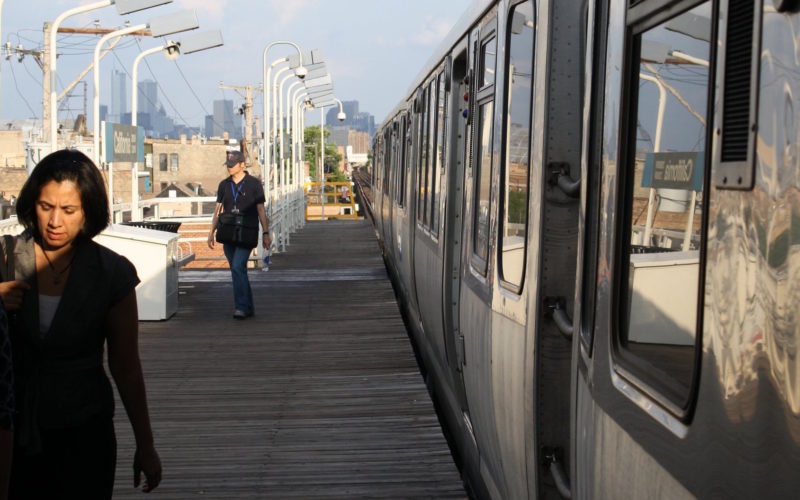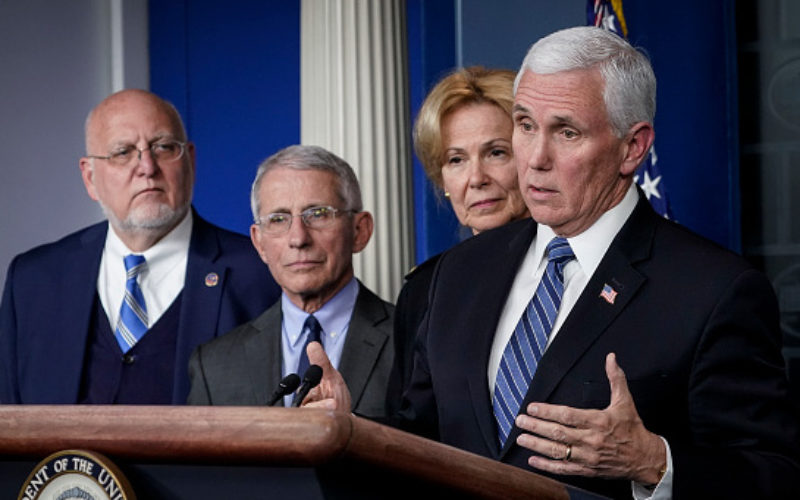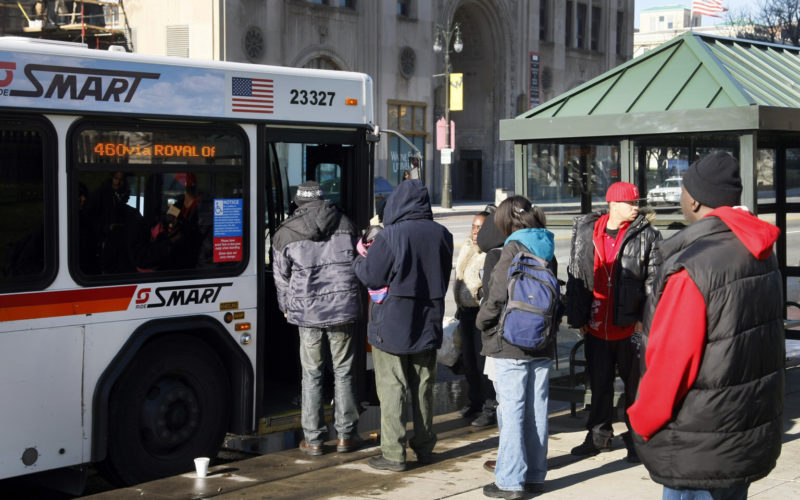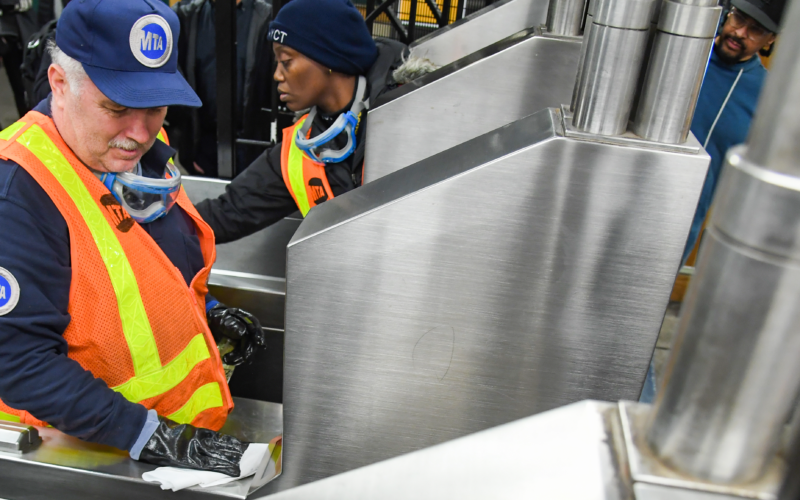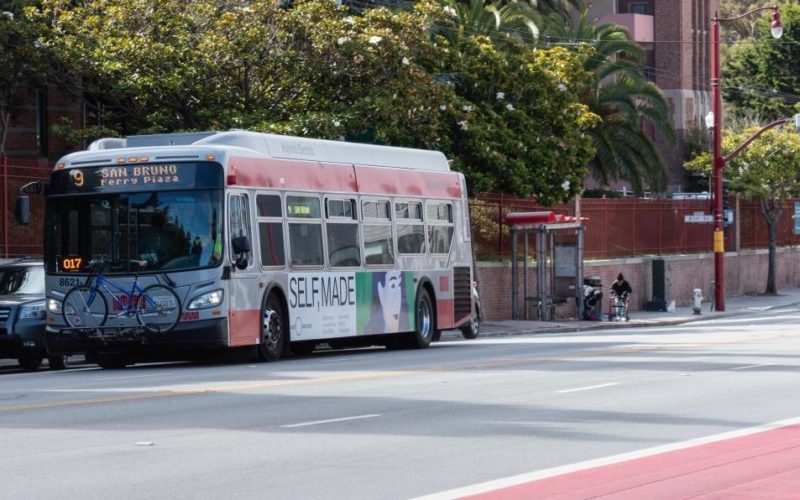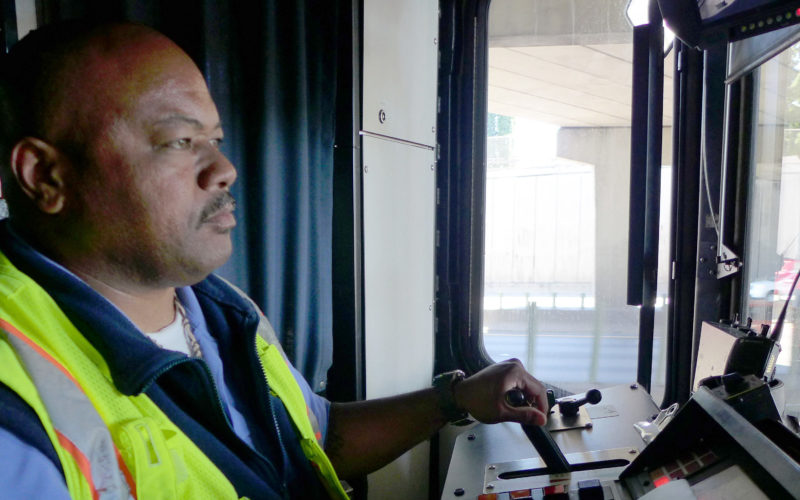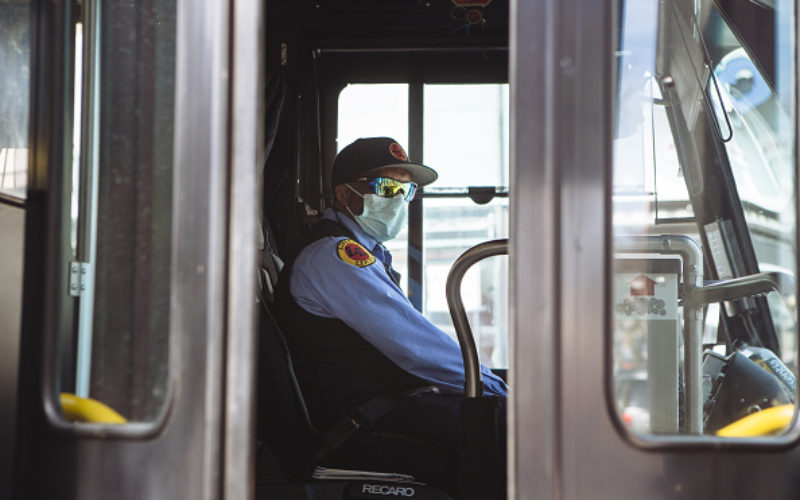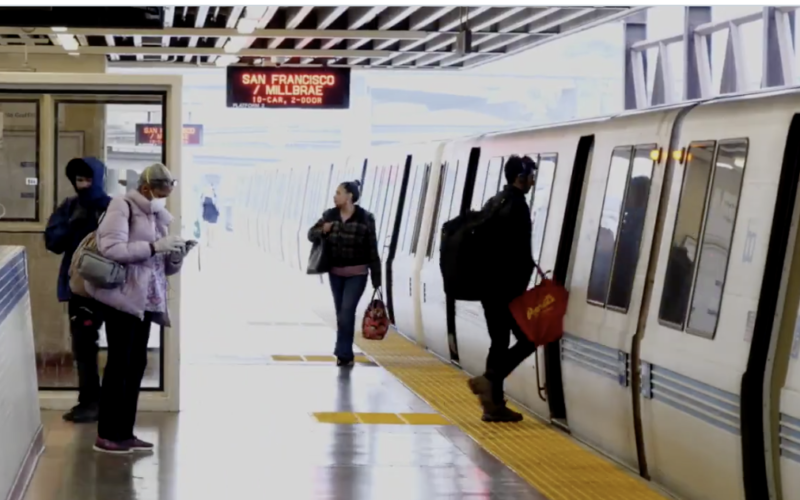Keeping bus service reliable and evenly spaced is important to riders in normal times. With the imperative to minimize crowding during the COVID-19 emergency, preventing bunching and gapping is even more urgent now.
Read MoreFor the ten U.S. regions with the most transit ridership, we estimate that CARES Act funds will cover agency shortfalls for an average of 5.4 to 8.3 months. For agencies in the rest of the country, CARES Act transit funds will last 12.6 to 20.8 months, on average.
Labor, business, and community advocates demand the White House and CDC supply better protective equipment and guidance to safeguard the transit workforce who ensure millions of other essential workers can provide Americans with medical care, food, and basic necessities.
Black people account for a high share of essential workers who typically commute on transit (29%) relative to non-essential transit commuters (19%). White people, meanwhile, comprise a smaller share of essential transit commuters (33%) than non-essential transit commuters (42%).
We estimate that over the next 12 months, the MTA faces an operating shortfall of $8-$11.5 billion. This means that, after stimulus funding from the CARES Act is taken into account, the MTA faces a shortfall of at least $4.4-$8.0 billion.
Recalibrating service provision is critical to enabling essential trips while minimizing the public health risks associated with crowding on transit vehicles. In this post, we provide an overview of the initial steps some agencies have taken to reallocate service along essential routes.
Frontline transit workers – especially vehicle operators – are more likely than non-frontline workers to be people of color or to come from low-income households.
Transit workers are at heightened risk as they transport nurses, doctors, and other essential workers. They must receive necessary protections to stay safe on the job.
Bay Area Rapid Transit's communications around COVID-19 have emerged as an invaluable resource for the media, riders, and elected leaders to learn about the crisis facing transit.

